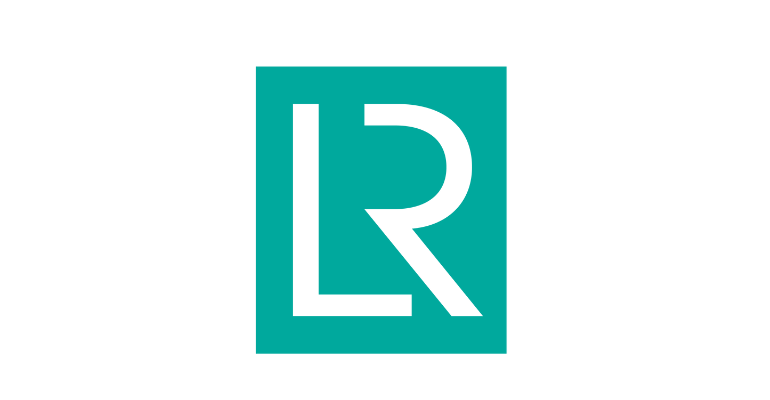This year’s Seatrade Cruise Global saw a successful panel discussion on automation and alarm management which I had the privilege of speaking on. It was fantastic to see members of the panel, representing key stakeholders in the cruise value chain, openly discuss the latest safety protocols and technological advancements around automation and alarm management, showcasing how our sector truly values a high standard of safety.
Automation, of course, covers a wide range of integrated technology and systems onboard a cruise ship and represents a crucial aspect of ensuring vessels are safe for crew and passengers. Conversations took a particular focus on the progression of remote surveys and strategies to address human factors such as alarm fatigue. Shipowners, OEMs, (original equipment manufacturers) and class societies all have a prominent role to play to support seafarers and prevent this, with the potential for AI to play a powerful part in reducing false alarms and ensuring that watch keeping duties can be carried out effectively.
Reducing the workload of seafarers is another way we can prevent alarm fatigue. We are now starting to see an effort to move towards a condition-based monitoring and even an advanced monitoring approach to the maintenance of these systems in the cruise segment. This has the benefit of providing technical justification for postponing maintenance and reducing the total time of unplanned maintenance, as well as allowing operators to investigate and take appropriate action immediately when the data shows anomalies.
This is increasingly important as cruise ships become more complex with the addition of more equipment and systems: white boxes, wastewater treatment systems, exhaust gas scrubbers and NOx (nitrogen oxide) plants. More so with the adoption of alternative fuels and the accompanying technology used in their installations, this complexity will only increase.
With these rapid increases, LR is working to help cruise operators in this complex landscape. Last year we published the Ship Right procedures for Alarm Management, which takes a holistic approach to alarm management by incorporating technical, procedural and training requirements for vessels carrying liquified gases. By approaching these challenges with a collective and programmatic approach we can ensure that standards for safety continue to rise in line with rapid advances in technology.

